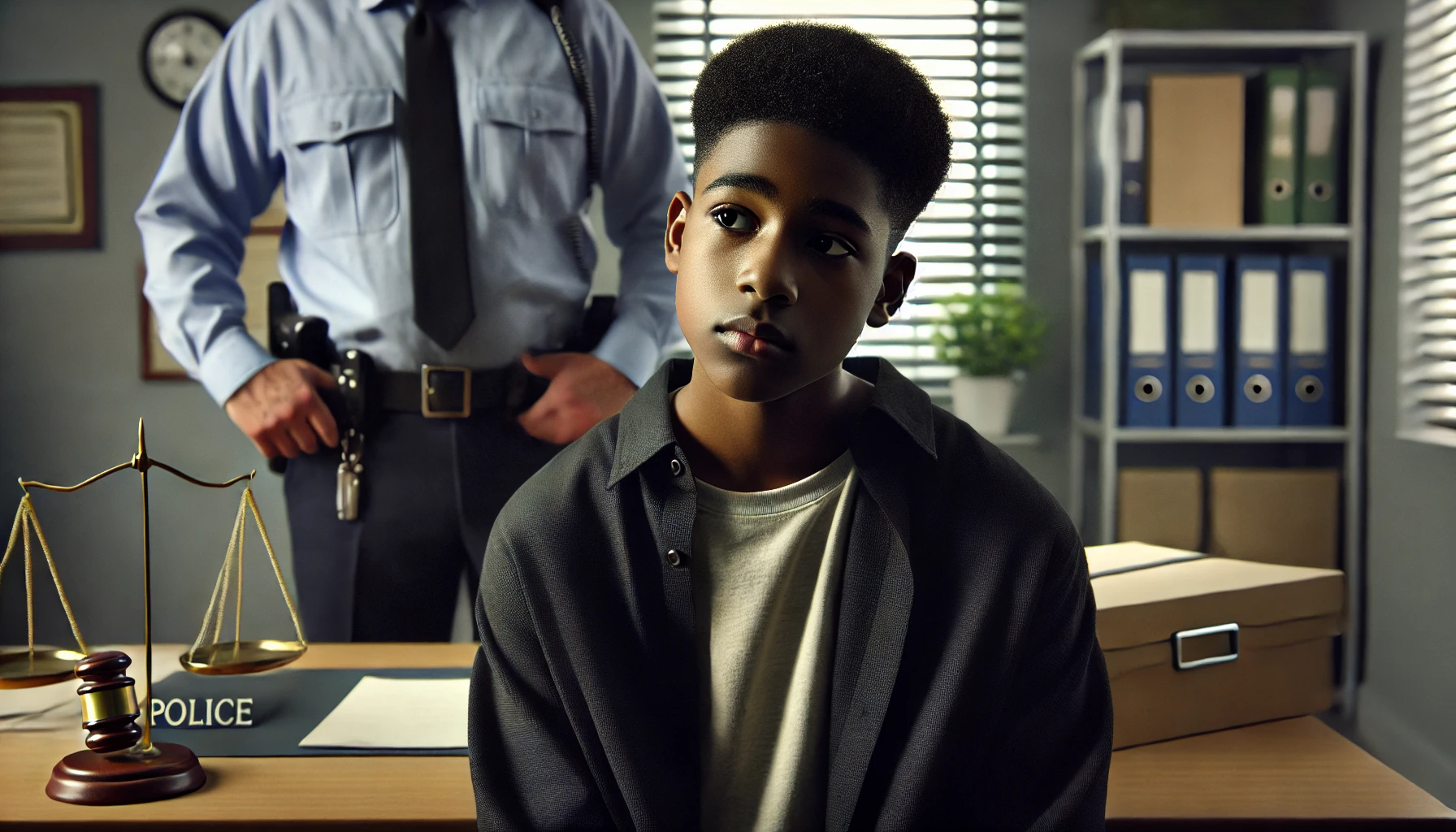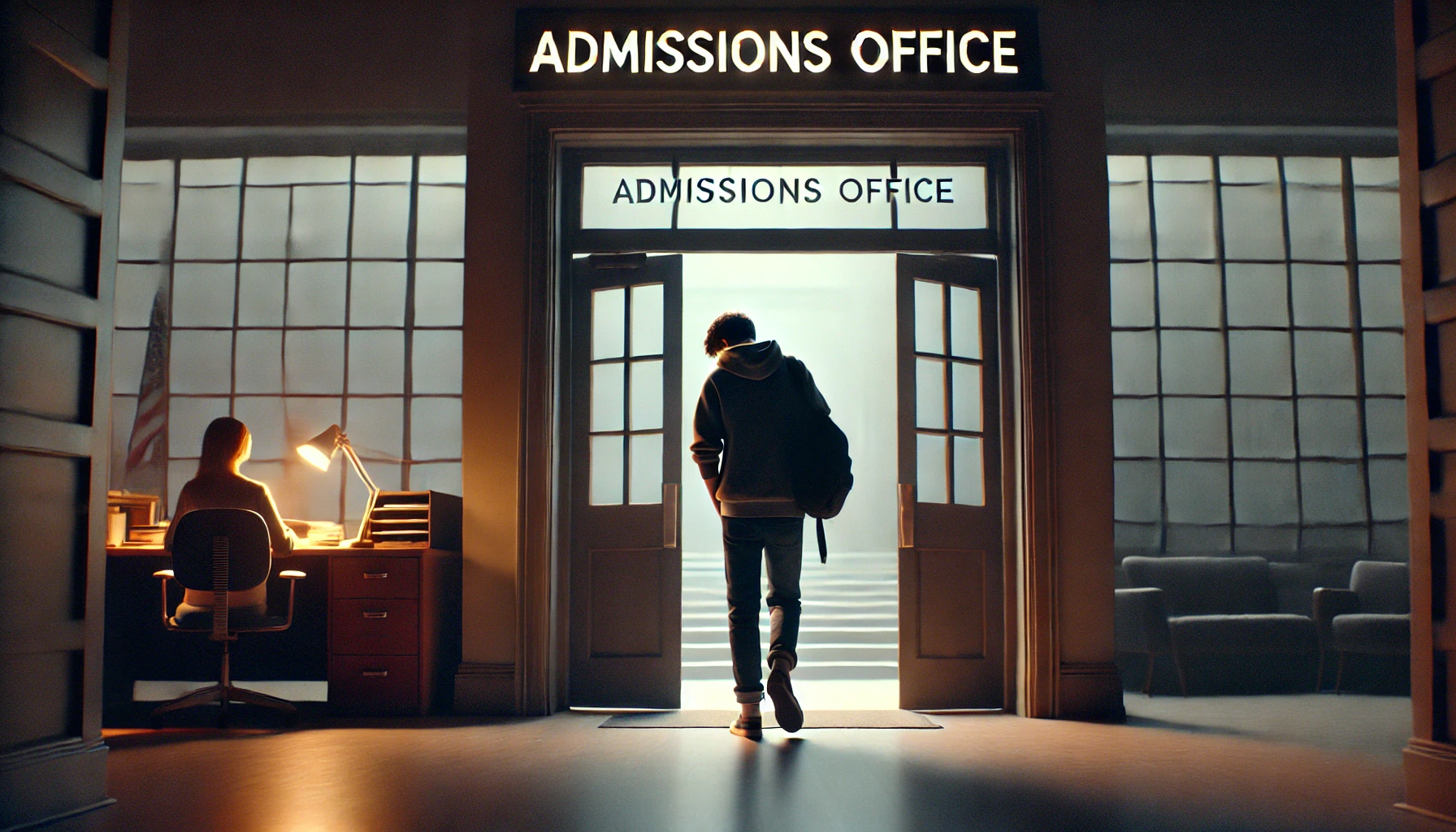Coral Springs Juvenile Theft Defense Attorneys
Throughout Palm Beach and Broward Counties.
When a minor is charged with theft, the legal consequences can be just as serious as those faced by adults, but there are additional considerations that must be taken into account. Florida’s juvenile justice system is designed to focus on rehabilitation rather than punishment, aiming to guide young individuals back onto a positive path. However, a conviction can still have long-term effects on a young person’s life, including their education, future employment, and overall opportunities.
It's imperative to approach such cases proactively, securing skilled legal representation to navigate the complexities of the system. By focusing on rehabilitation and support, it is possible to mitigate the negative consequences and help the minor build a foundation for a successful and law-abiding future.
Lost Opportunities
A theft charge can lead to a juvenile record, which, while confidential to the public, can be accessed by certain institutions and agencies. This record can impact a minor's chances of being accepted into colleges or vocational schools, as well as affect eligibility for scholarships and financial aid. Furthermore, future employers, especially those conducting thorough background checks for positions of trust, may consider a juvenile record when making hiring decisions.


Psychological Impact
The psychological impact on minors facing theft charges is also significant. The stress of legal proceedings, coupled with the stigma of being labeled a delinquent, can affect their self-esteem and social relationships. It may lead to feelings of shame, isolation, or resentment, which can hinder their emotional and social development.
Our Approach to Handling Juvenile Cases
Given these potential repercussions, it's crucial to handle such cases with sensitivity and expertise. An experienced juvenile defense attorney understands the nuances of the juvenile justice system and can advocate for the minor’s best interests. They can work to have charges reduced or dismissed, and explore alternatives like diversion programs, which focus on counseling, community service, and education rather than incarceration.
These programs aim to address the underlying issues that may have contributed to the minor's actions, such as peer pressure, family difficulties, or academic struggles. Successful completion of a diversion program can often result in the charges being dropped and the record being sealed or expunged, thereby minimizing the long-term impact on the minor's future.
Parent/Guardian Involvement
Parental involvement is also a critical factor in these cases. Parents or guardians should actively participate in their child's defense, maintain open communication, and provide the necessary support throughout the legal process. This collaboration can reinforce the rehabilitation efforts and encourage positive behavior moving forward.
Common Types of Juvenile Theft Cases
- Petty Theft:
- Often involving shoplifting or stealing items of lower value. Though this may seem minor, repeated offenses can escalate the legal consequences.
- Grand Theft:
- If a minor is involved in the theft of high-value items (typically over $750), they may face more serious charges that can be classified as felonies.
- Shoplifting:
- One of the most common offenses for minors, shoplifting can lead to criminal charges as well as civil penalties requiring restitution to the store.
Consequences for Minors Charged with Theft
Although the juvenile justice system focuses on rehabilitation, a theft charge can still result in serious penalties, including:
- Probation:
- The court may assign the minor to probation, requiring them to follow strict rules, attend school regularly, and avoid further legal trouble.
- Community Service:
- Often, minors are ordered to complete a certain number of hours of community service as part of their sentence.
- Restitution:
- The minor and their family may be required to pay restitution to the victim for any damages or losses resulting from the theft.
- Juvenile Detention:
- In more serious cases, the court may sentence the minor to time in a juvenile detention facility.
- Educational and Employment Impact:
- A conviction, even as a minor, can appear on their juvenile record and may affect future educational and employment opportunities.
Why Legal Representation is Essential for Minors
It’s crucial for minors charged with theft to have strong legal representation. A conviction can have lifelong consequences, and without proper defense, the minor may face harsh penalties. At William John DiPetrillo & Associates, we understand the importance of protecting a young person’s future. We work to have charges reduced or dismissed, focusing on rehabilitation rather than punishment, and strive to keep their record clean.
Defending Minors in Theft Cases
We explore all potential defenses, including:
- Lack of Intent:
- Minors may not fully understand the consequences of their actions, and proving a lack of intent can be a strong defense.
- Peer Pressure:
- In many cases, minors are influenced by peers to commit theft, which can be a mitigating factor.
- First-Time Offender:
- Courts are often more lenient with minors who are first-time offenders, allowing for diversion programs or alternative sentences focused on rehabilitation.
Get the Right Defense for Your Child
If your child has been charged with theft, don’t wait. William John DiPetrillo & Associates is here to protect their future and provide the best possible defense. We will guide you and your family through the legal process and fight to secure a favorable outcome.
At William John DiPetrillo & Associates P.A. , we are experienced in handling theft cases involving minors and are committed to protecting their rights and ensuring that one mistake does not define their future.